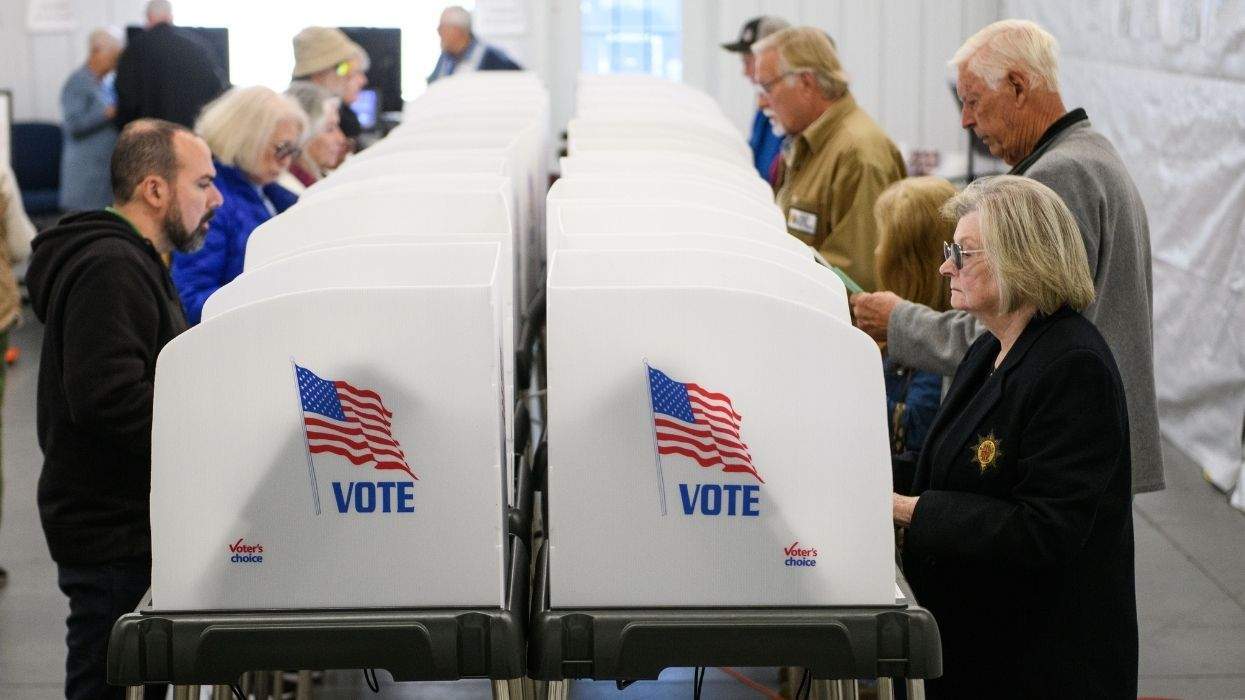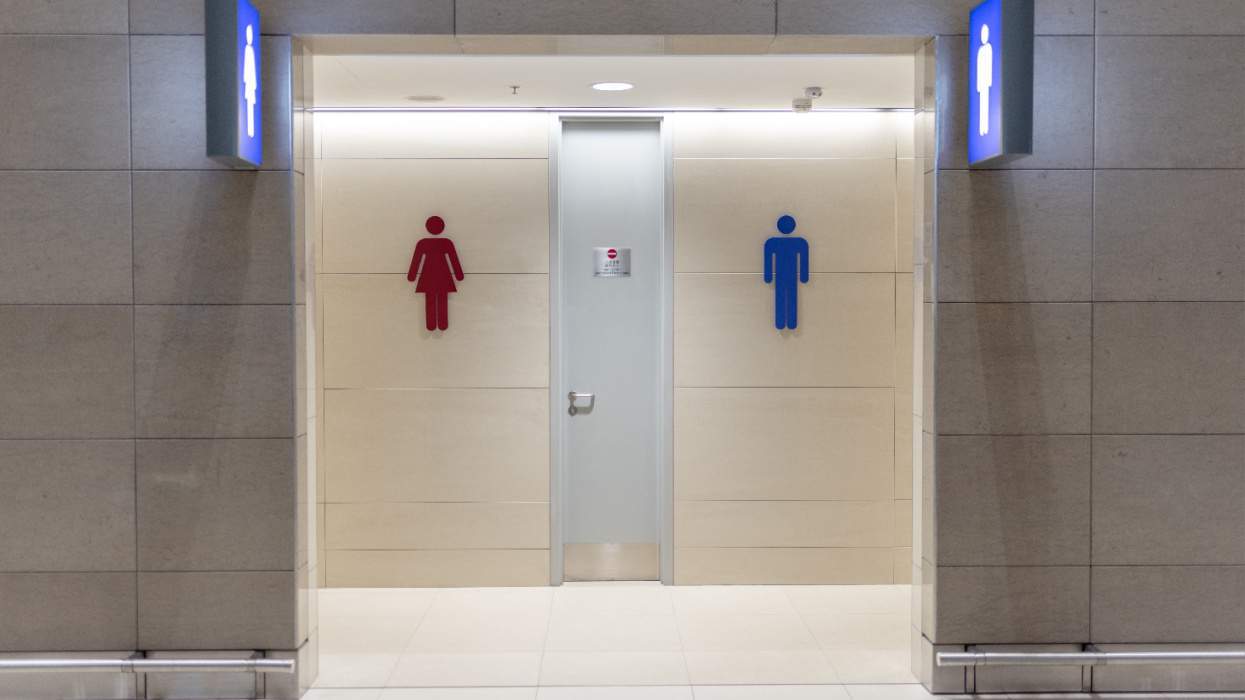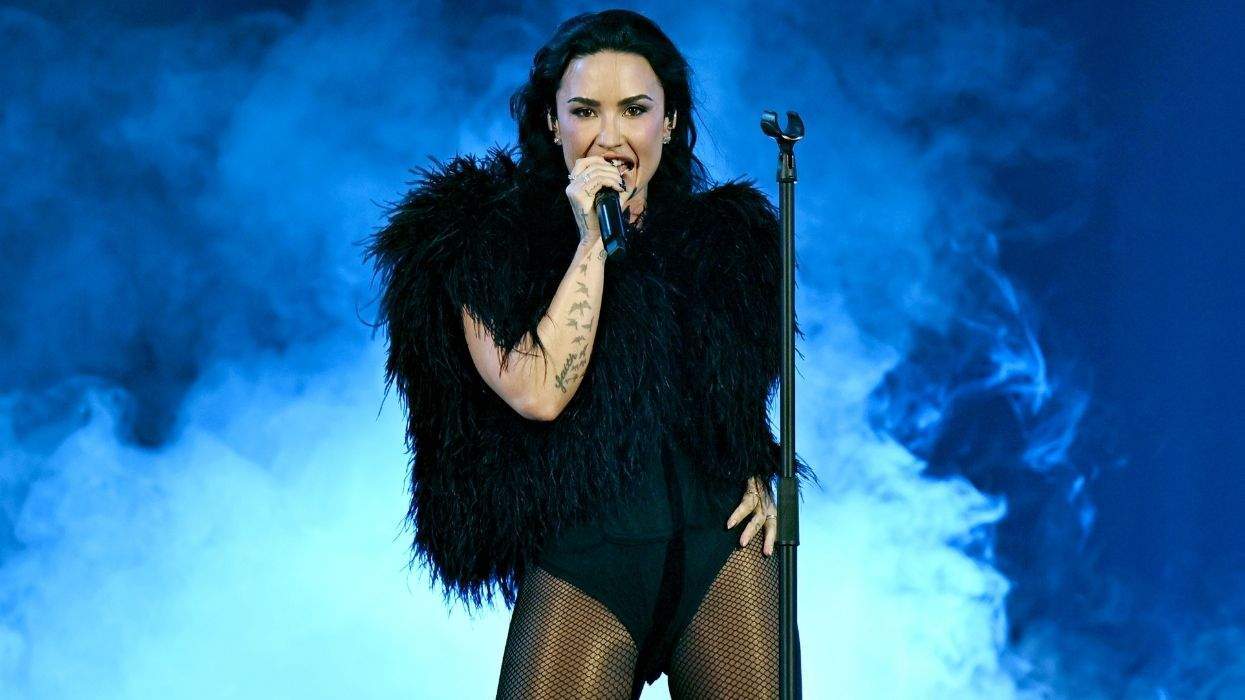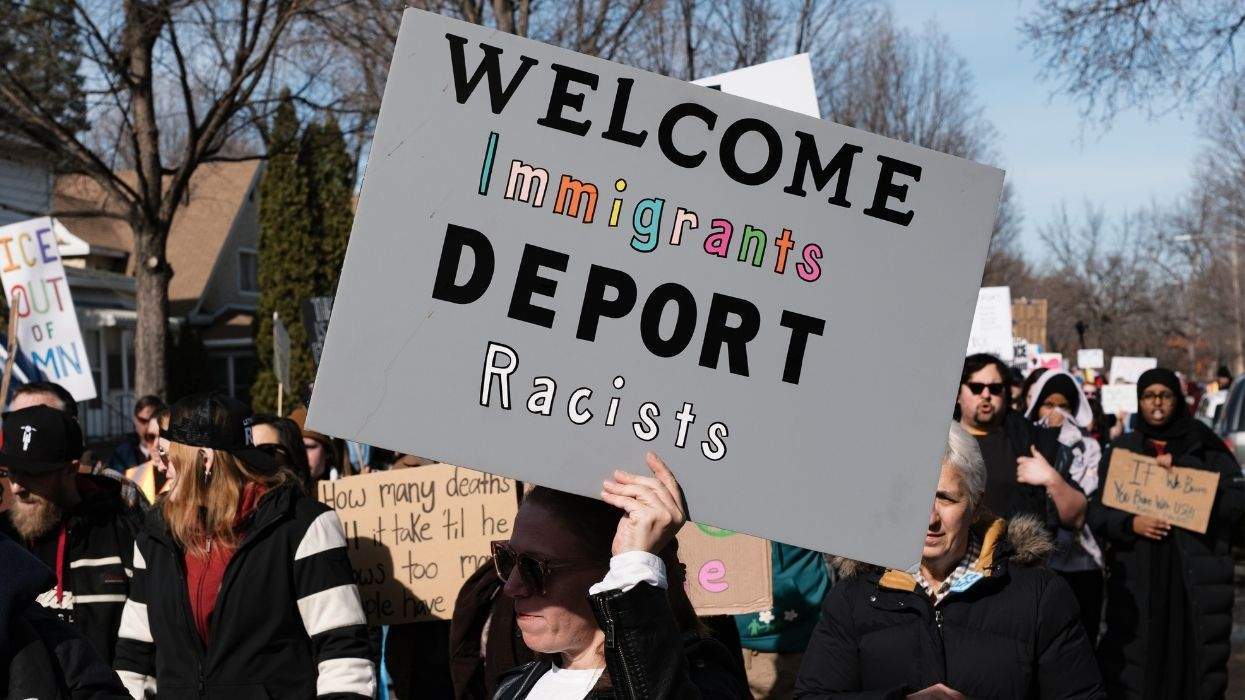It didn't take long for my grade school peers in the late '70s to learn that they could manipulate my name from Casey to "Gaysey." It had a profound effect on me, so much so that when my mother came back from the hospital to tell her three preteen children that their father had suddenly died, the only reaction I had after receiving that crushing news was to say, while sobbing, "They call me Gaysey at school." I was bundling a horrible moniker to the worst moment in my life. It was chilling then, and it's chilling now.
Did I act "gay"? Did I play with dolls? Did I do theater and dance? The answers don't and should not matter, especially a lifetime later when we have all presumably been exposed to boys expressing themselves by wearing dresses, girls who play little league baseball, and a little prince who just wants to dance. Did Good Morning America's Lara Spencer have malice when she mocked Prince George's ballet lessons? Indirectly yes, because her unthinking reaction perpetuates a silent and ever-present rolling of the eyes and barbed comments when a child acts, or is perceived, as different and the indelible stab of persecution that exists throughout that child's lifetime.
As a PR guy, I helped Spencer with one of her first stories when she was a young reporter for WABC in New York, and then later with Kmart she interviewed my former colleague, and friend, Jaclyn Smith. Spencer is as engaging as she appears, and her apology since her acerbic aside is undoubtedly sincere, but the damage to those of us who felt we were different and who still carry that shame decades later has been done. And obviously adverse connotations with this generation continue to fester.
Were you called a sissy by your coach because you threw a football like a girl? Did your aunt laugh at you because you liked the Barbie car that the Gremlins rode in their movie? When you wanted to play basketball with the boys, did your mom thoughtlessly say, "girls aren't supposed to do that"? Did kids in your neighborhood flip their wrists up and down when they saw you? Were you a high school thespian, and did people deride you as a "thessspian" while lisping? When you wanted to wear sneaks and sweats for a family outing did your dad dismiss it by saying, "Girls wear dresses"? Were you embarrassed by liking Golden Girls or Sex and the City because you heard they were for queers? When the kids were running around the playground condescendingly chanting, "lez be friends homo you don't," did you run the other way? When you hear the words homo, lez, dyke, fag, sissy, panty-waist, pussy, or tomboy do you revert back to a fearful, confused child?
Sure, years have passed but the minute you witness someone being derogatory to a child who just wants to be themselves, to be happy, to have joy, to have freedom, you immediately feel a sense of empathy and a rush of communal ridicule.
Television programs, films, books, documentaries, news segments and social media have all helped amplify stories about children who are living the lives they want. So, we should all be immune to a diversity of behavior. But the sheer fact that all of these stories are featuring the children because they are "different" subtly signals to some that the children are still different. The awareness is critical in helping people understand, but it also can deleteriously illustrate that these children are out of the mainstream. And comments and reactions like Spencer's do the same thing, propagating ignorance and insensitivity.
As gay loved ones and parents, we're likely more sensitive, attuned, and encouraging about letting kids be themselves. But the kids in our lives have classmates and parents who don't always get it. We hear our relatives, friends, neighbors and presidential candidates say that nothing is more important than what we do for our children. In whatever way we can, we need to help all of these people understand, appreciate and support children who should not be regarded as outliers but rather loved as unique; like every other child. That is a tough challenge, particularly when people continue to mindlessly reflex with stereotypical responses like Spencer's. However, by aiming to confront and call-out prejudicial incidents like these, and avert situations where a child is mocked, teased or sneered at, we will help spare them of feeling abnormal, and better assure a future unburdened by hurtful words and actions of the past.
John Casey is public and media relations professional and an adjunct professor at Wagner College in New York City. As a contributing columnist his articles have appeared in The New York Daily News, Pittsburgh Magazine, The Advocate, Ladders, and IndieWire.
















